



Acting on Climate Change
Policy, Rights, & Net Zero
10 May 2024 | St Andrews and Online
Balancing rising energy demands with the need to curb and adapt to anthropogenic climate change in a just and equitable way is at the heart of an existential challenge facing Scotland and, indeed, the world. Most people agree that addressing climate change is urgent. How this should be done, by whom, at what cost, and at whose expense, however, is far less certain.
At this critical juncture, we ask: How should we act in the face of climate change? And, how might policy play a vital role in shaping our future?
Join us on 10 May for engaging discussion, debate, and candid reflections from key stakeholders – including MSPs, industry leaders, and local climate activists – who have shaped Scotland’s climate policy landscape. Organised by the Centre for Energy Ethics with funding from Scotland’s Future Series, this event will bring the issues of climate policy and climate rights into focus as the nation moves to rapidly and sustainably decarbonise.
Event Programme
09.30 | Registration (Lower College Hall)
10.30 | Investing in Sustainability (School III)
11.30 | Break (Lower College Hall)
12.00 | Debate panel: How Should Climate Rights Shape Net Zero? (School III)
13.00 | Lunch (Lower College Hall)
14.00 | Policy Reunion: Climate Change (Scotland) Act 2009 (School III)
16.00 | Reception (Lower College Hall)
Session Descriptions
10.30 Investing in Sustainability
What is the role of universities in investing in sustainability and reducing emissions, and what are the lessons learnt? In this session, the university’s Quaestor and Factor, Derek Watson, will showcase how the University of St Andrews is investing in innovation to meet its sustainability commitments.
Speaker: Derek Watson (University of St Andrews)
Derek Watson MBE FCCA is the Quaestor and Factor of the University of St Andrews. Derek is responsible for providing strategic leadership in the overall development of the University’s professional services. Direct responsibilities of the Quaestor and Factor include line management for a portfolio of University professional services, including: Finance, IT Services, Estates, Residential and Business Services, Legal Services, Procurement and the implementation of the Environmental Strategy.
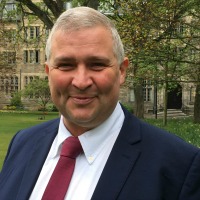
12.00 Debate Panel: How Should Climate Rights Shape Net Zero?
How might we understand a rights-based approach to climate action, and what challenges and opportunities does framing climate change and climate action provide? Join our expert panel as they discuss the concept and role of rights in relation to climate change.
Panelists: Prof Rowan Cruft (Stirling, Philosophy), Dr Lydia Cole (St Andrews, Geography and Sustainable Development), Dr Daria Shapovalova (Aberdeen, Law)
Professor Rowan Cruft is Head of the Division of Law and Philosophy at the University of Stirling. Rowan joined Philosophy at Stirling in 2002 after completing his PhD – on the justification of property rights – at Cambridge. Before postgraduate research, he worked for a year on tax policy as a civil servant in HM Treasury. Rowan’s research examines the nature and justification of rights and duties, and their role in shaping a democratic public sphere. He is especially interested in the comparative importance of different forms of right including human rights, natural rights, contractual rights, property rights, legal rights.
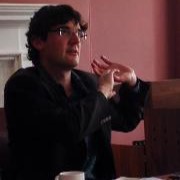
Dr Lydia Cole is a Lecturer in Geography and Sustainable Development at the University of St Andrews. She is Chair of the Conservation Ecology Special Interest Group of the British Ecological Society, and Coordinator of Expert Group: Peatlands and Biodiversity, of the International Peatland Society‘s Scientific Advisory Board. Lydia is a conservation ecologist with a keen interest in how ecosystems, in particular peatlands, can be managed sustainably in the face of a variety of anthropogenic pressures. Past projects, involving time in both academia and industry across the UK, Asia and Africa.

Dr Daria Shapovalova is a Senior Lecturer in energy law at the University of Aberdeen, having joined the University in 2017. She is the Director of the Aberdeen University Centre for Energy Law and coordinator of the University’s Just Transitions Lab. Daria’s main research interests are in energy, environmental law and human rights. Her current research is on climate change and energy law with a focus on just transition. Daria has published extensively on Arctic governance, regulation of petroleum production, and climate change law.

14.00 Policy Reunion: Climate Change (Scotland) Act 2009
Organised by the Centre for Energy Ethics with funding from Scotland’s Future Series, this Policy Reunion will bring together key stakeholders who were directly involved in the development of the Climate Change (Scotland) Act 2009. This event will ask stakeholders for their candid reflections on how the Act was developed, what made the process successful, and what lessons can be gleaned from the process with an eye to the future.
Participants: Patrick Harvie MSP, Sarah Boyack MSP, John Swinney MSP, Philip Wright, Prof Jan Bebbington, Dr Sam Gardener, Dr Mike Robinson, Jenny Stanning and Prof Stephen Gethins.
Patrick Harvie MSP is Co-Leader of the Scottish Greens and has been a MSP for Glasgow since 2003. He has led campaigns on a range of topics and issues, from asylum, civil liberties and sexual health to influencing major changes with income tax reform.
A prominent campaigner for Scottish Independence, Patrick and his Co-Leader Lorna Slater became the first Green politicians to enter Government anywhere in the UK following the cooperation agreement between the Scottish Greens and the Scottish Government.
As Minister for Zero Carbon Buildings, Active Travel and Tenant’s Rights, Patrick is helping lead Scotland to a green future within Government, working on projects he has spent his life campaigning on. Away from work Patrick is a keen cyclist, sci-fi fan and lover of real ale.
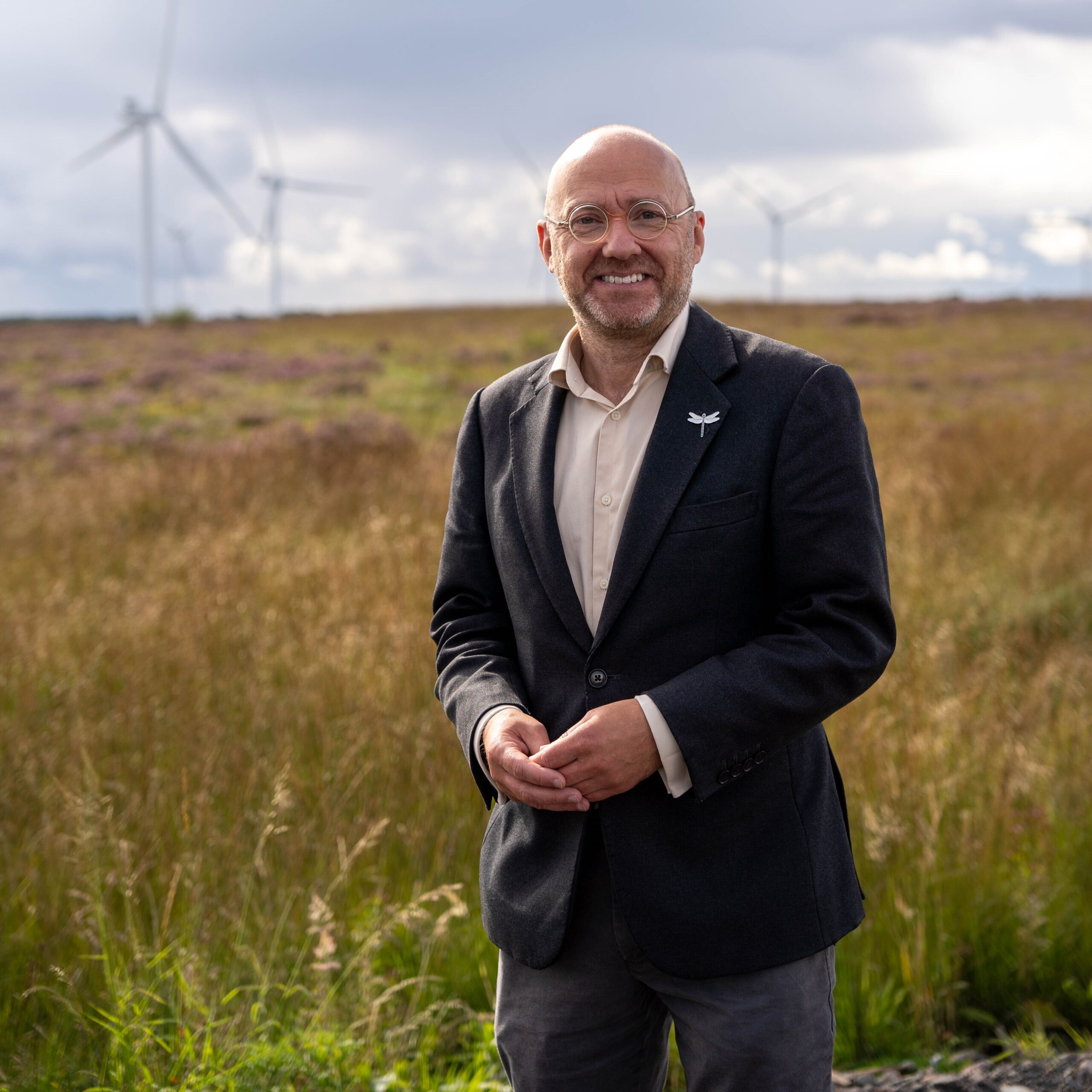
Sarah Boyack MSP worked in local government and then Heriot Watt University as a town planner before being elected to the Scottish Parliament in 1999, where she was in Donald Dewar’s first Cabinet with responsibility for Planning, Transport and the Environment. She served as a Labour MSP for 17 years, initially for Edinburgh Central and then on the Lothian list, before losing her seat in 2016.
Having lectured on Town Planning and Environment at Heriot Watt University in 2016-17 and acted as Head of Public Affairs for the Scottish Federation of Housing Associations 2017-2019, Sarah returned to Holyrood in 2019 as Member of the Scottish Parliament for Lothian. Since then she has been Scottish Labour Shadow Cabinet Secretary for Local Government, then Climate Change and Land Reform for the 2021 Scottish Election campaign, Constitution, External Affairs and Constitution May 2021-April 2023 and is now Scottish Labour’s spokesperson on Net Zero, Energy and Just Transition. Sarah Chairs the Cross Party Group on International Development and is a member of the Scottish Parliament’s CPA Executive.
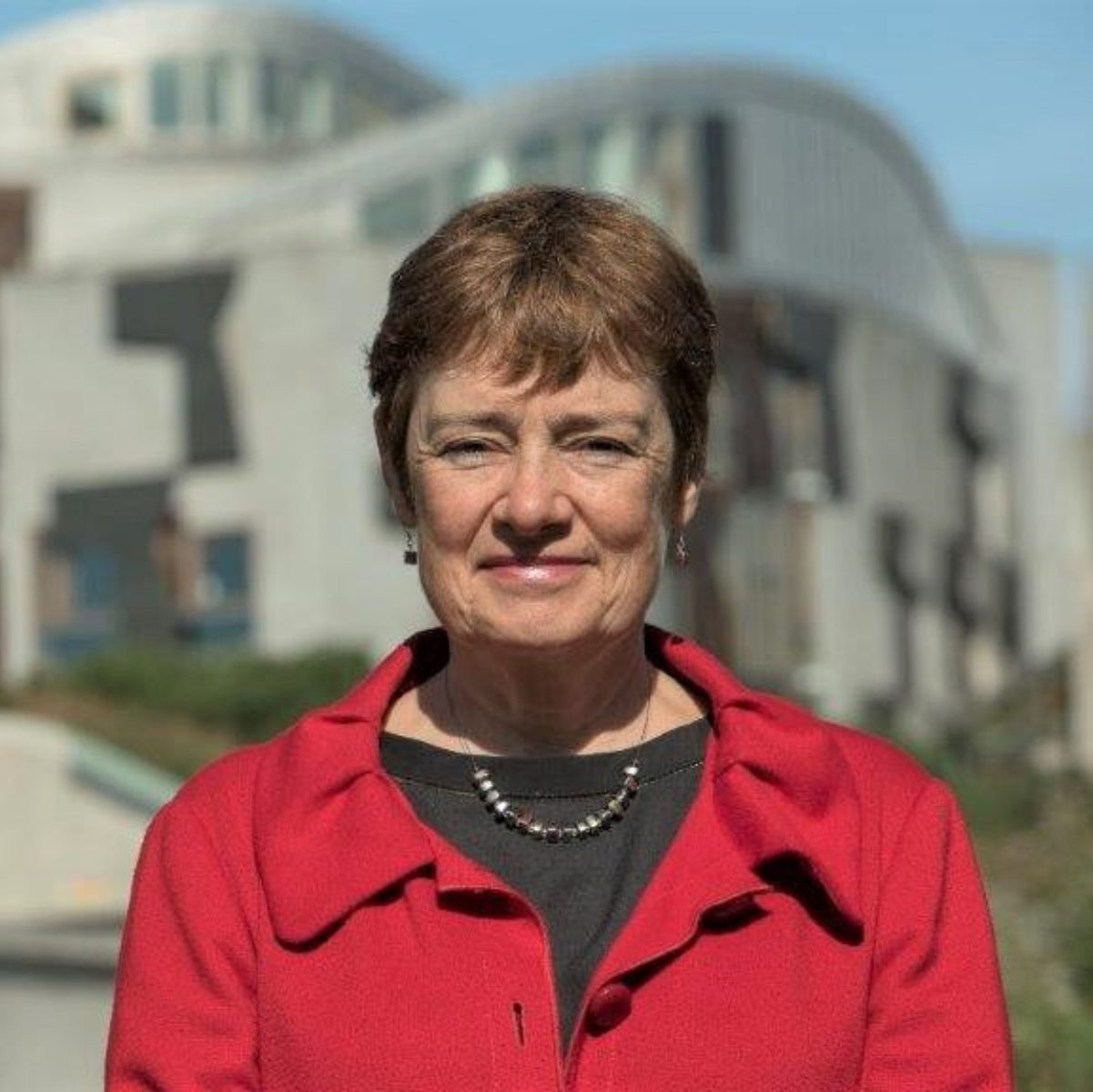
John Swinney MSP joined the SNP in 1979 at the age of 15 and held a number of posts within the Party at local and national level before leading the party from 2000-2004 and acting as Deputy First Minister of Scotland from 2016-2023 – the longest period anyone has held that office. He is also the longest-serving current elected Parliamentarian in Scotland.
John held Ministerial office in the SNP Scottish Government as Cabinet Secretary for Finance and Sustainable Growth from 2007-2014, Cabinet Secretary for Finance, Constitution and the Economy from 2014-16, Cabinet Secretary for Education and Skills from 2016-21 and Cabinet Secretary for Covid Recovery from 2021-23. In March 2023, John chose to step back from his Scottish Government responsibilities; he now proudly represents his constituents from the backbenches and continues to advocate for the causes he passionately believes in.
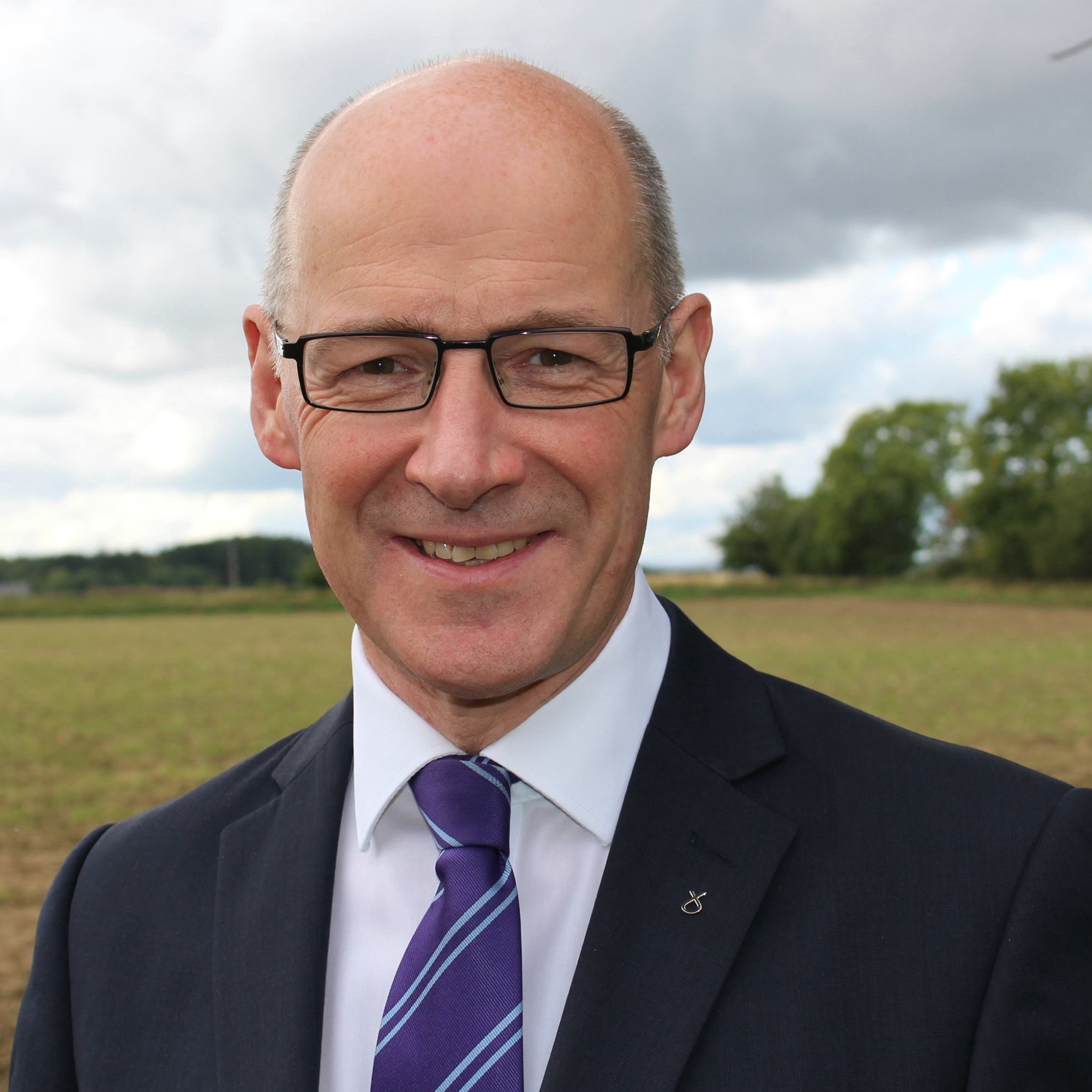
Philip Wright, before retiring in 2010, was Deputy Director, Climate Change and Greener Scotland Division in the Scottish Government, responsible for climate change policy, including support to Ministers during the successful passage of the Climate Change (Scotland) Bill through the Scottish Parliament in 2009 and the Act’s implementation, thereafter. As a member of the UK delegation to UNFCCC Conferences of the Parties for over ten years, he gained a depth of knowledge and experience of international climate change negotiations. Philip is a civil engineer by profession and, before leading on climate change policy, held a series of specialist and environmental posts in the Scottish Government.
Philip was Chairman of the charity Sniffer for some 12 years, Vice-Chairman of the charity Changeworks till 2021, a trustee of the National Flood Forum and is currently Chair of the Scottish Flood Forum.
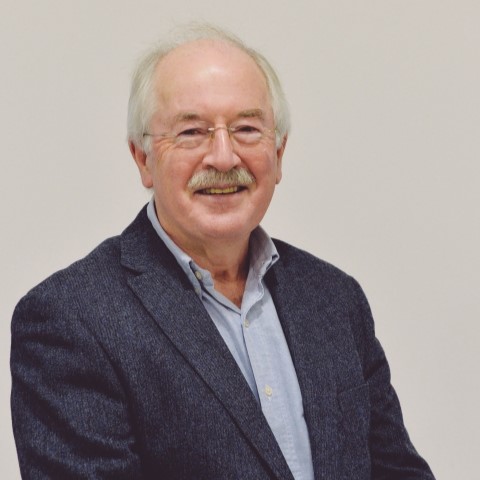
Professor Jan Bebbington is the Director of the Pentland Centre for Sustainability in Business at Lancaster University (UK).
Jan has a longstanding track record of research and publication on topics such as corporate engagement with the Sustainable Development Goals, motivations and rationales for non-financial reporting; carbon accounting; and sustainability assessment. Jan has also contributed to the practice and policy communities in a variety of roles including, for example, being the Vice Chair (Scotland) of the Sustainable Development Commission from 2006 to 2011. The role of the Commission (a part of the UK Government) was to promote sustainable development across the UK and all sectors of society, particularly within Government.
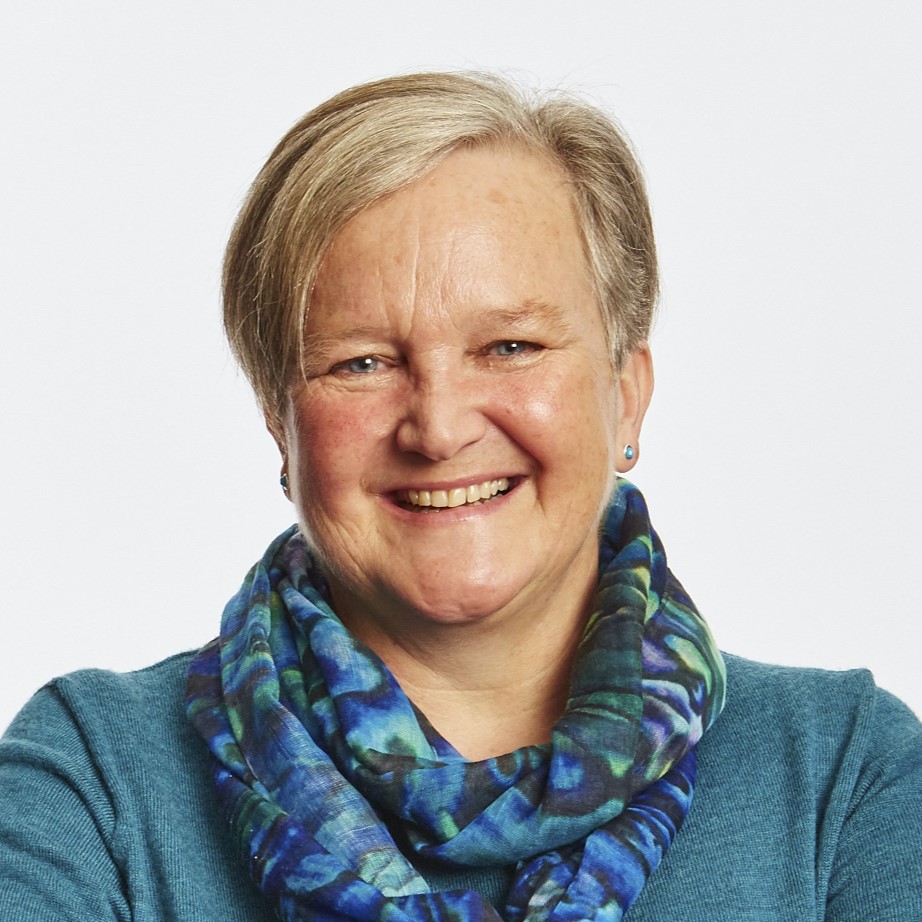
Dr Sam Gardner is the Head of Climate Change & Sustainability at Scottish Power. During his time with Scottish Power Sam has developed a company-wide Sustainable Development Strategy, and delivered a full program of engagement around COP26 as a Principal Partner.
He previously worked for WWF Scotland for 12 years, most recently as Deputy Director. At WWF Scotland Sam led a team focused on securing lasting solutions to the environmental and climate change crises. His work has covered the introduction of the first Climate Change Scotland in 2009 and its implementation over the last decade, working closely with stakeholders across industry, academia and the public sector. Sam was Chair of the Edinburgh Climate Commission for three years and has previously worked for SEPA and the RSPB in Scotland. Sam has an Ecological Science (Hons) degree from The University of Edinburgh and a PhD in environmental policy development from UCL. Sam has been a Board member of Stop Climate Chaos Scotland and on the Board of Scottish Environment LINK.
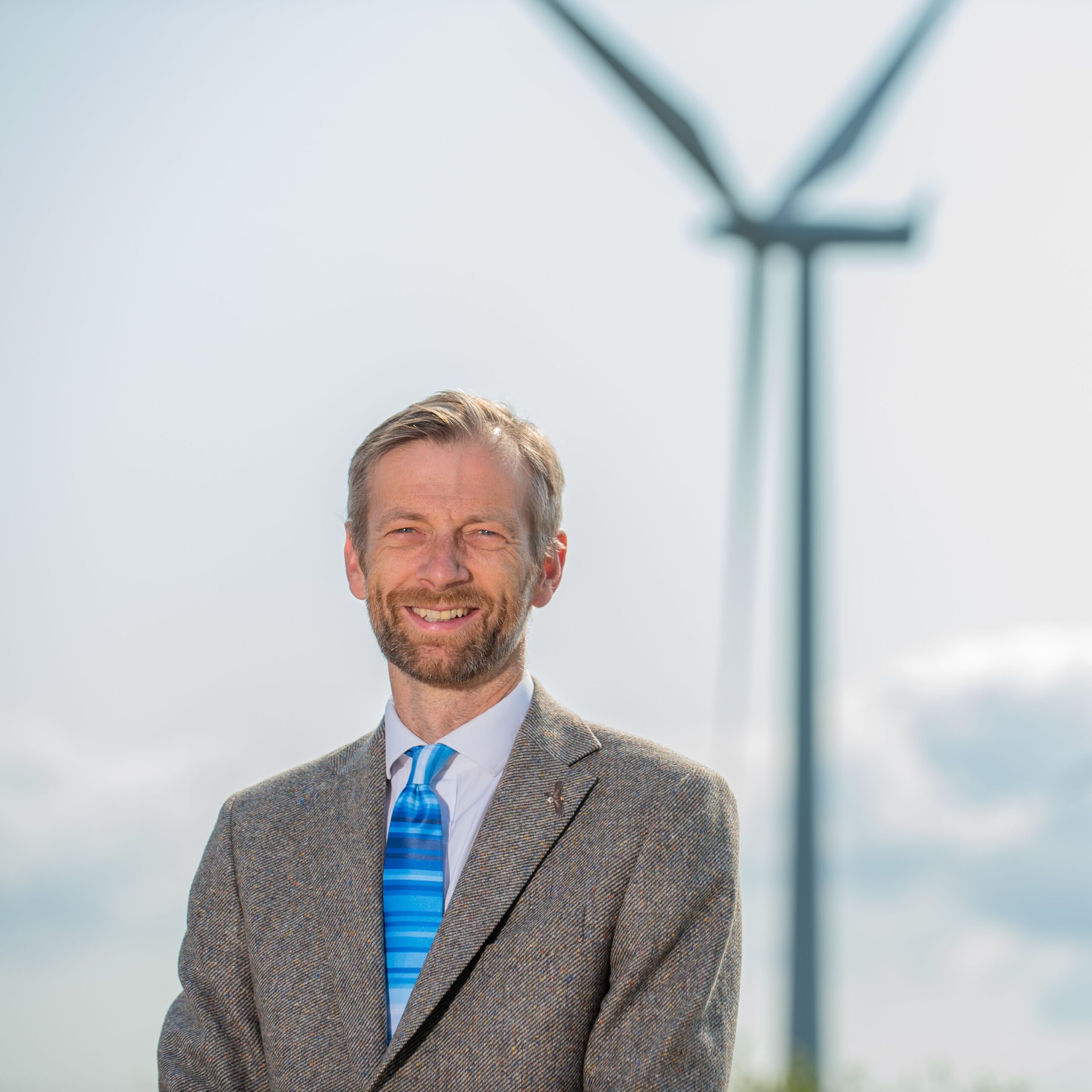
Dr Mike Robinson OBE is the Chief Executive of the Royal Scottish Geographical Society (RSGS) based in Perth, a role he has held since 2008. He has worked in the Scottish charity and environment sector for the last 30 years, initially with RSPB, and later with the Royal Botanic Gardens in Edinburgh.
Mike holds a large number of voluntary board/advisory roles including Chair of Stop Climate Chaos Scotland (SCCS), past Chair of Perth City Leadership Forum (PCLF) aiming to make Perth the most sustainable small city in Europe and is heavily involved in promoting climate change solutions, recently launching a Climate Solutions Qualification for businesses and managers. He is an advisor to Government and trustee on several boards, mostly in the spheres of education, agriculture and transport.
Mike holds three Honorary Fellowships (Scottish Environment Link, Royal Canadian Geographical Society, Royal Society of Arts) and several awards for his services to the environment. Mike was awarded an OBE in the 2024 New Year Honours List for services to climate change education, in recognition of RSGS’s ongoing work and impact.
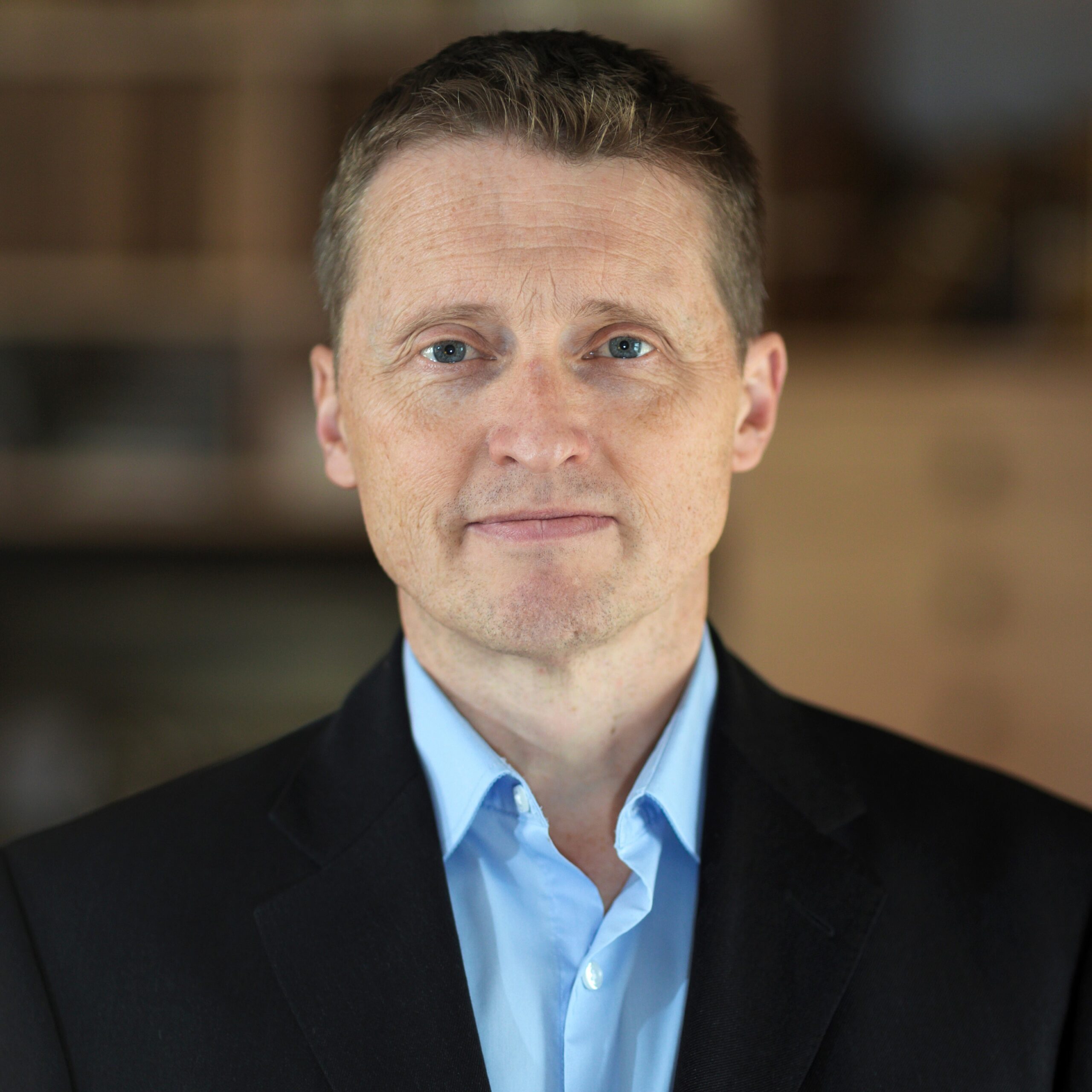
Jenny Stanning is responsible for leading Offshore Energies UK’s (OEUK) external affairs, events, and membership teams. In this role her responsibilities include working with Governments, Parliaments, industry leaders, business and industry organisations and regulatory bodies to ensure that members’ interests are well represented.
Prior to joining OEUK, Jenny worked in politics and stakeholder management for 10 years including the Scottish Parliament and Westminster.
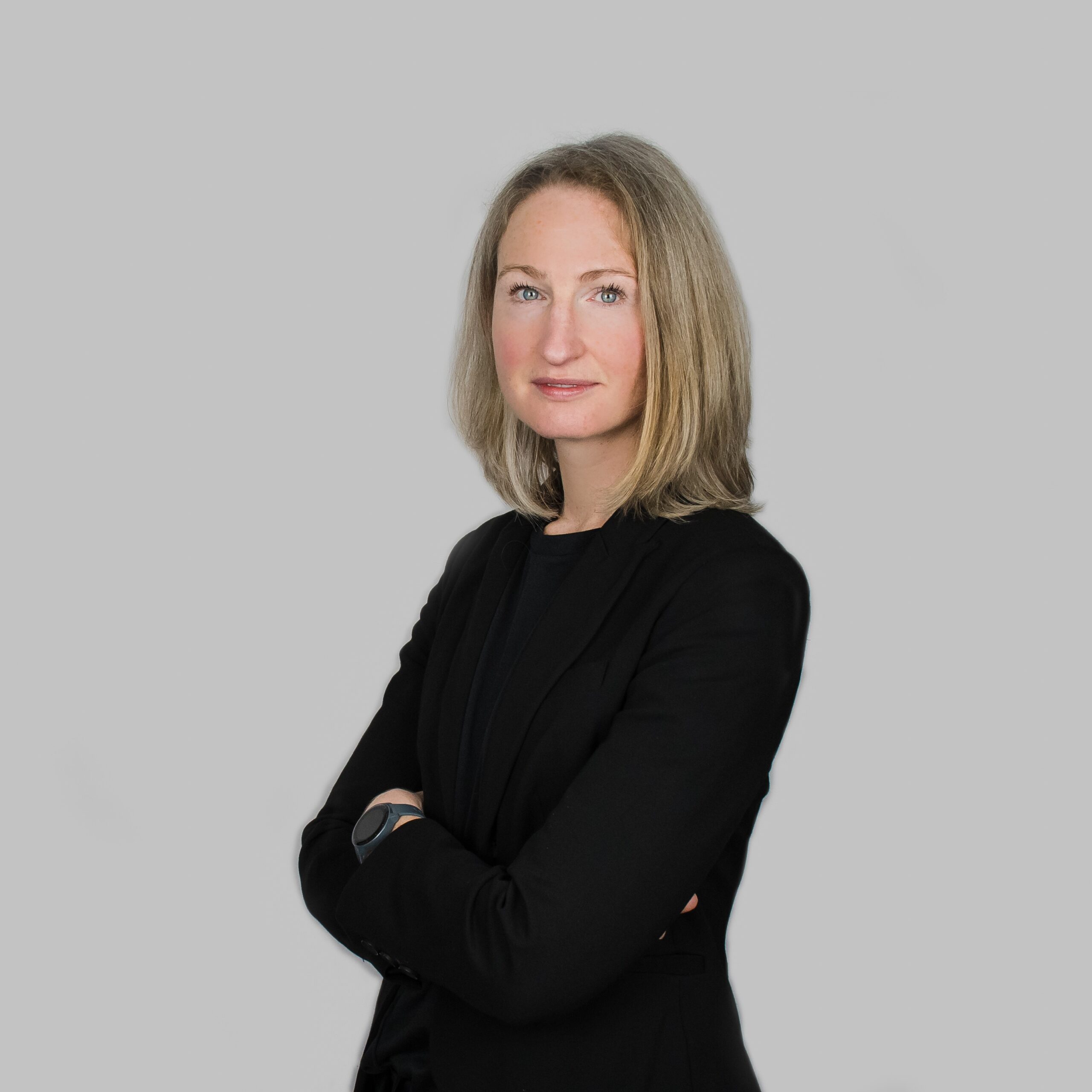
Professor Stephen Gethins is the Professor of Practice in International Relations at the University of St Andrews. Before taking up this post, Stephen served as the Member of Parliament for North East Fife. During his time in Parliament Stephen was twice selected to sit on the Foreign Affairs Select Committee. He was also the SNP spokesperson on Europe and International Affairs and acted as a Special Adviser to Scotland’s First Minister on EU and International Affairs as well as Energy and Climate Change.



